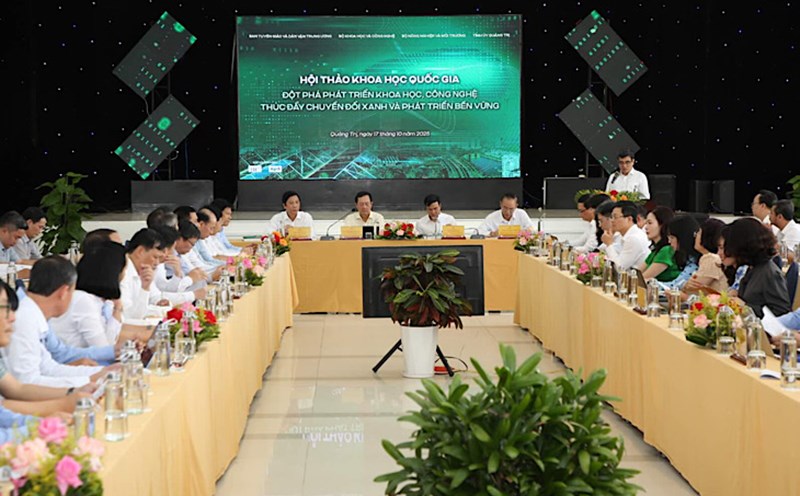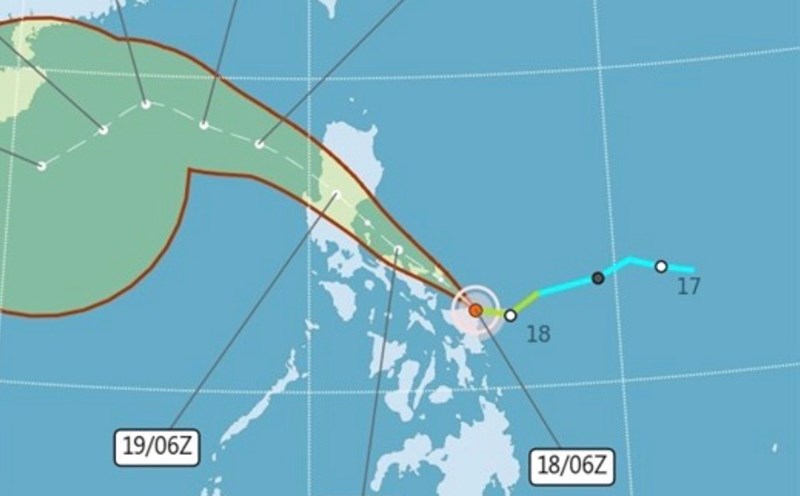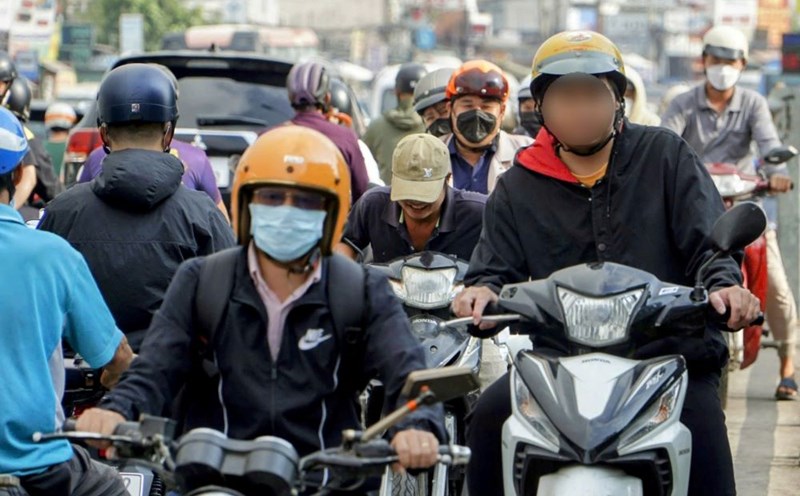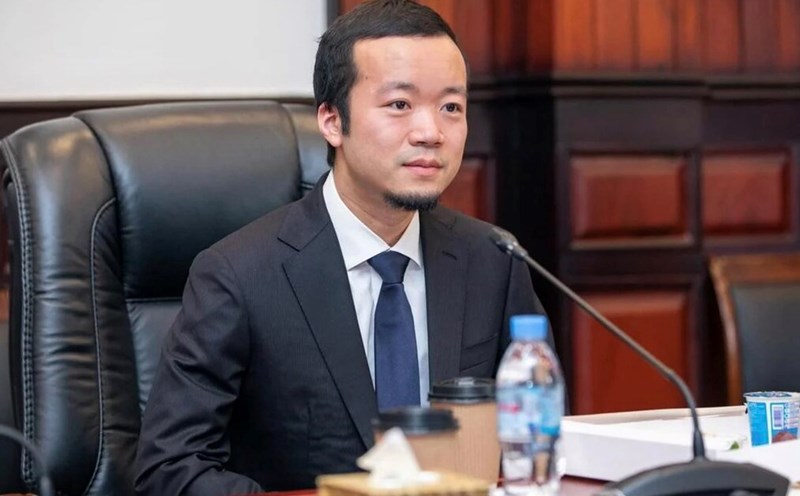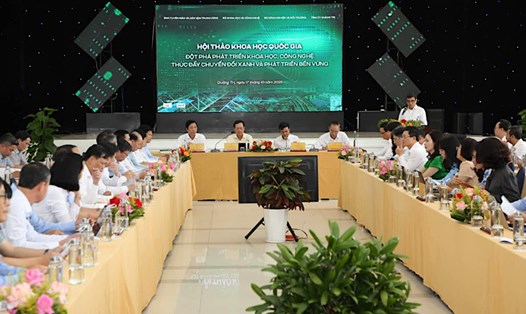In recent years, thanks to important contributions from science and technology, Vietnam's agriculture has continuously grown steadily, ensuring national food security, maintaining its leading export position in the world for many key agricultural products such as rice, coffee, pepper, seafood, wood and wood products, vegetables, fruits, etc.
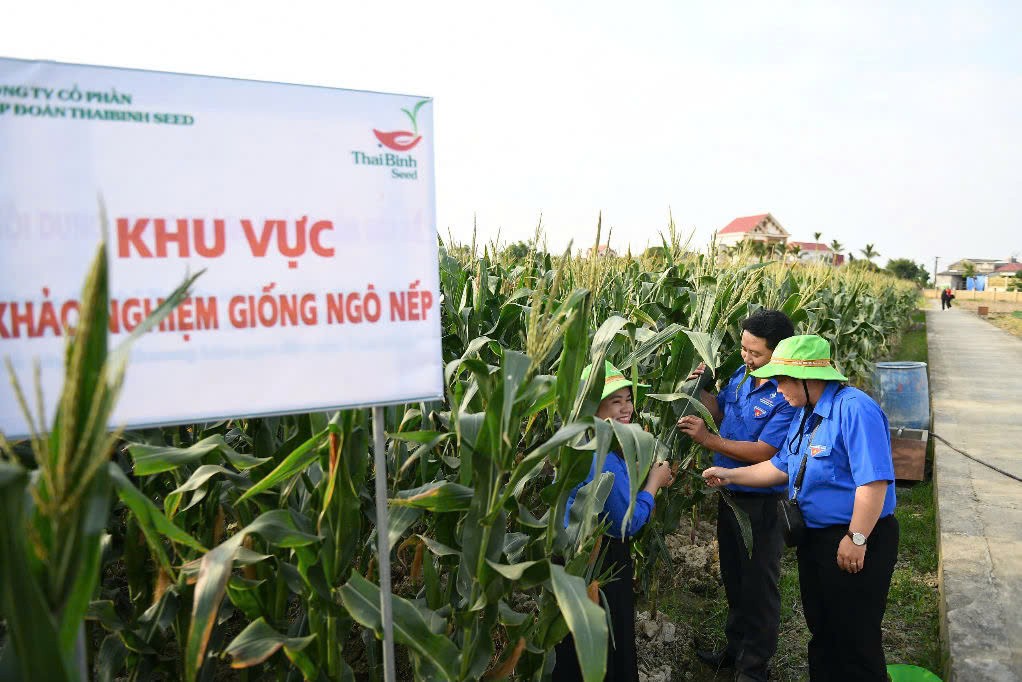
But in reality, our country's scientific and technological level still has many gaps, basic research is still limited, and gene editing technology, although highly appreciated, has not been developed accordingly.
Therefore, on the morning of October 18, in Hanoi, the Ministry of Agriculture and Environment organized a forum "Gene adjustment in agriculture - Strategic technology associated with the legal framework" to find a direction for this scientific method.
Speaking at the opening of the forum, Deputy Minister of Agriculture and Environment Phung Duc Tien affirmed that in the context of innovation, gene editing technology in agriculture is a strategic and potential direction to improve productivity, quality and resilience of crops and livestock, while increasing sustainability and biosafety in agricultural production.
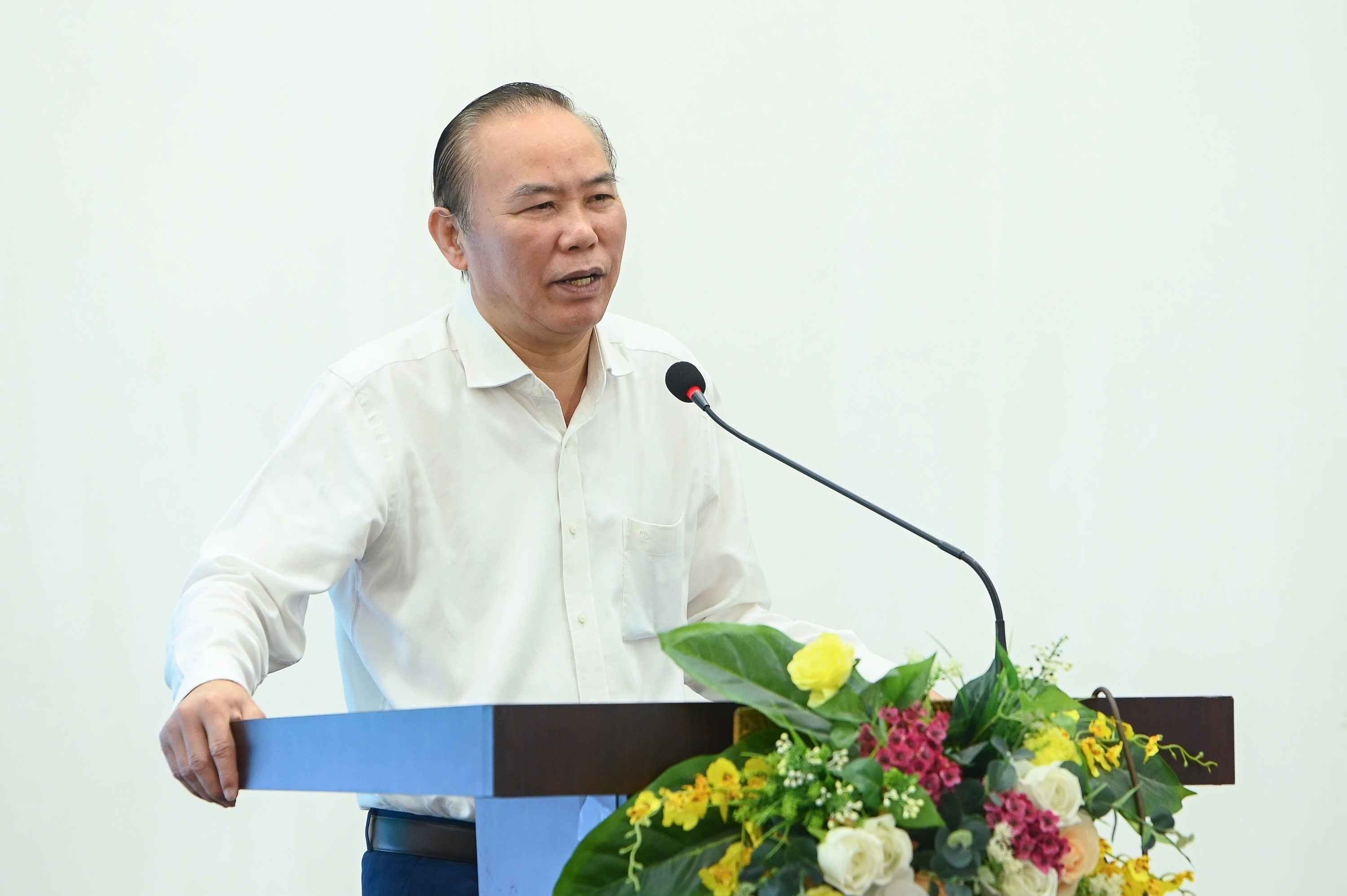
However, the Deputy Minister emphasized that technology can only be effective when accompanied by a complete, transparent and advanced legal framework: "We need to create an environment and motivation for scientists to confidently contribute, avoiding the situation where they are concerned about research but still worry about their lives".
In essence, if the technology of genetic transfer means introducing cells into plants, causing products to carry imported DNA, high costs, and unoptimal output, then the technology of genetic editing only affects the endogenous DNA of that animal. Thanks to that, selecting the desired characteristics to achieve high accuracy, moderate cost, can also shorten the time for product production.
Currently, the trend of many countries with strong agriculture in the world, especially in Asia, is to issue a specific legal framework for genetically modified crops, exploit the benefits of new technology, promote trade, maintain international competitiveness and solve climate change.
However, in Vietnam, this technology has not been developed accordingly. Possessing many outstanding advantages, but according to Dr. Nguyen Duy Phuong - Head of the Department of Mobile Diseases, Institute of Agricultural Genetics, this technology is currently being "bottlenecked" because there are no separate management regulations, causing many research results to not be applied and commercialized, hindering the competitiveness of the industry.
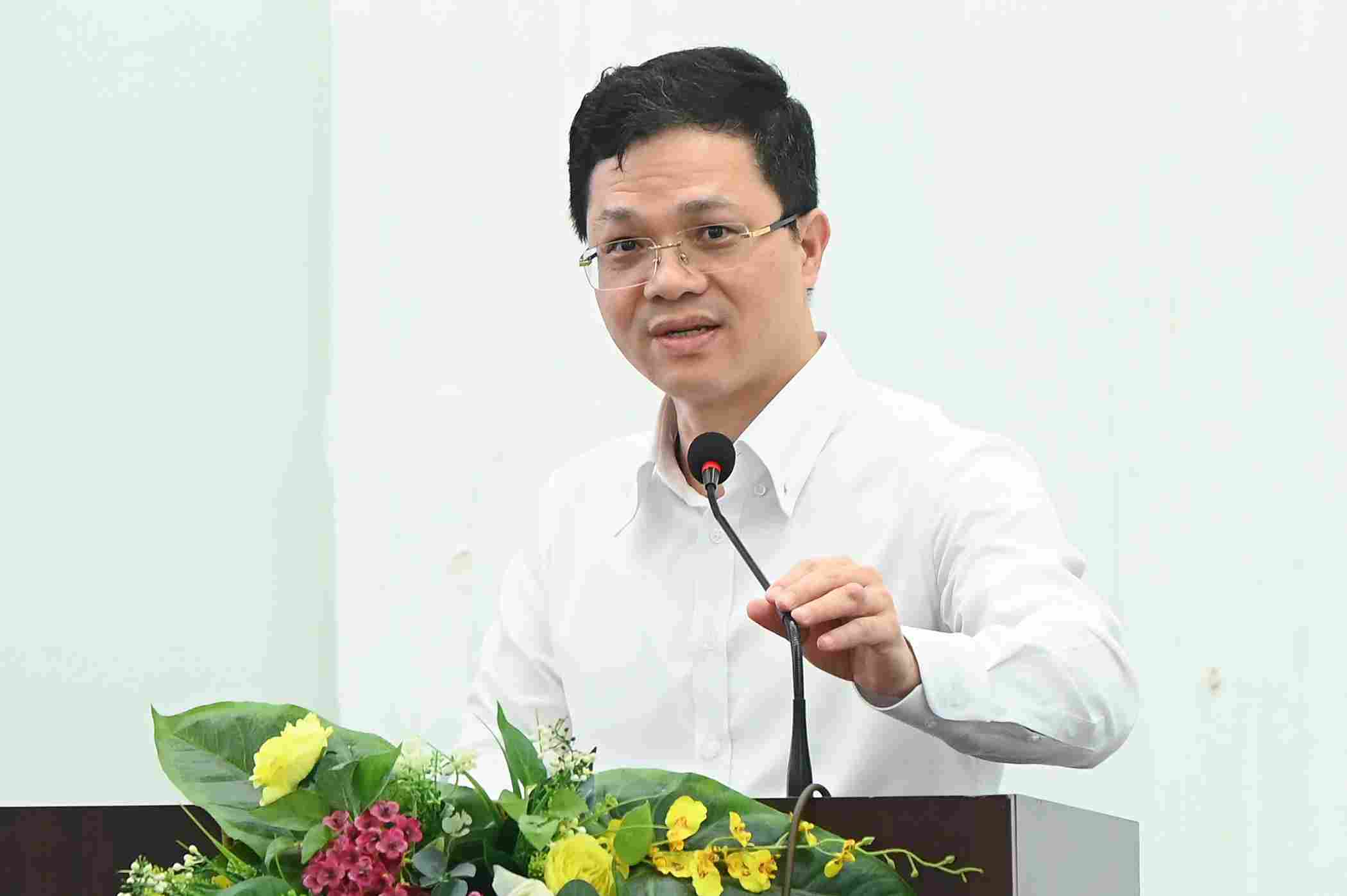
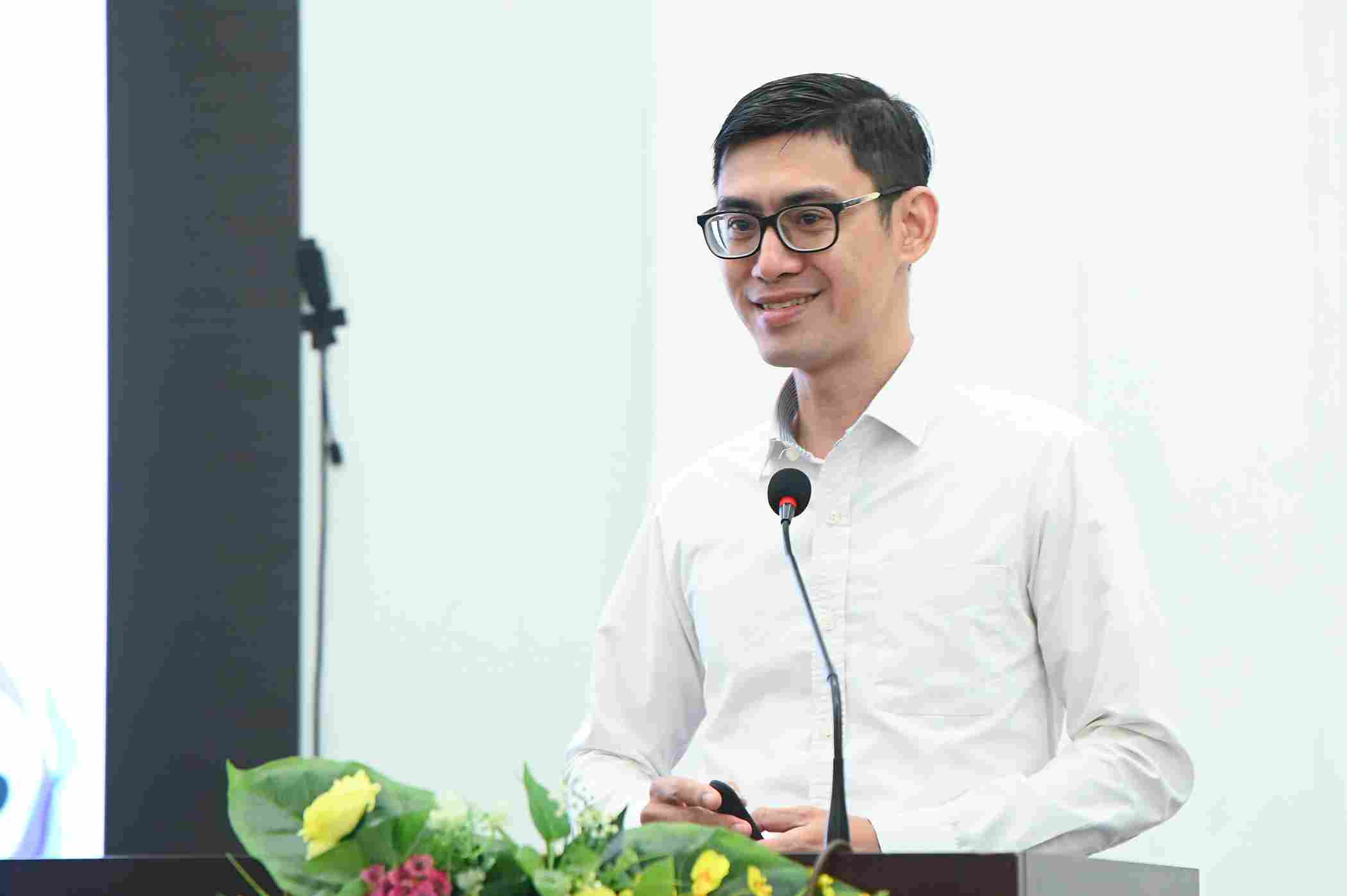
Dr. Nguyen Van Long, Director of the Department of Science and Technology, also said that scientific communication work is still inadequate, leading to a sense of concern in society about products applying technology for gene editing (GE). In addition, the linkage between research, enterprises and production is still loose, not creating momentum for the application of new technology.
To remove these barriers, Vietnam needs to adjust and supplement the concept in the 2008 Biodiversity Law to suit, and develop separate management regulations for each type of genetic modification.
The process of completing this legal framework requires close coordination between ministries, branches, the scientific community and the business community, as well as strong commitments from policy makers.

